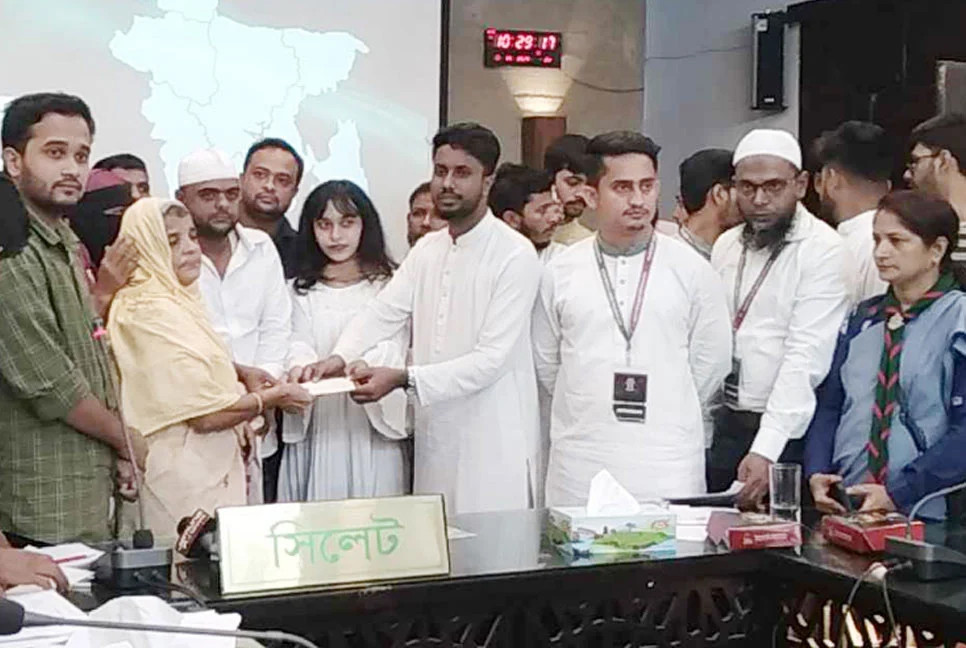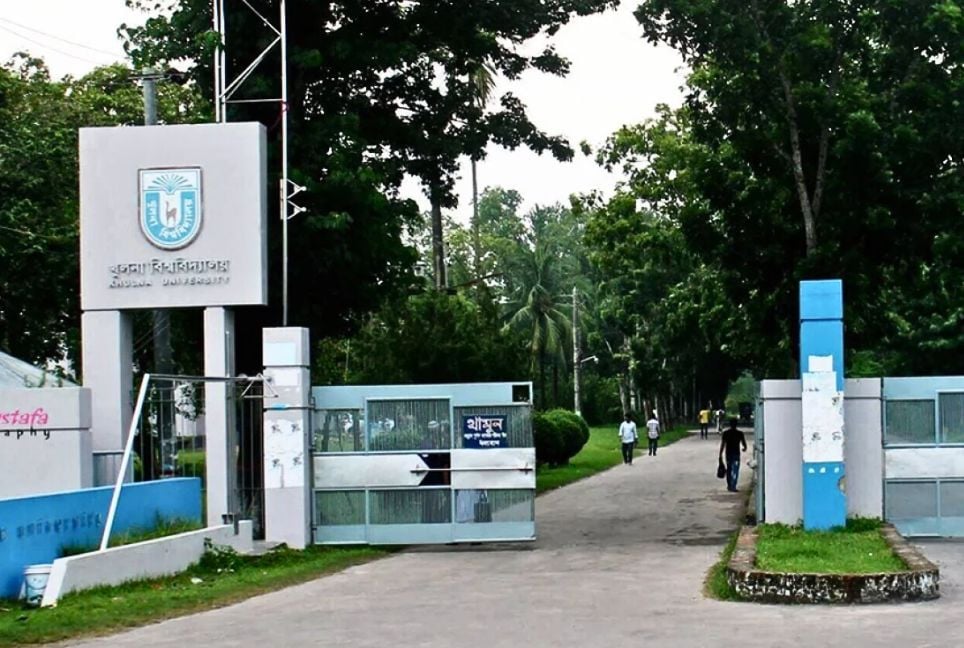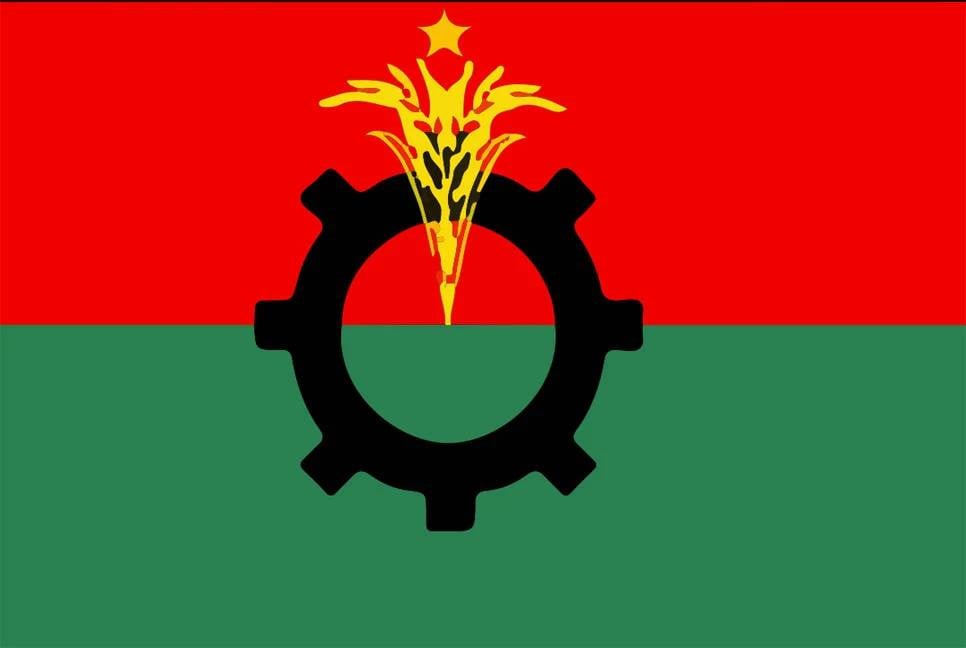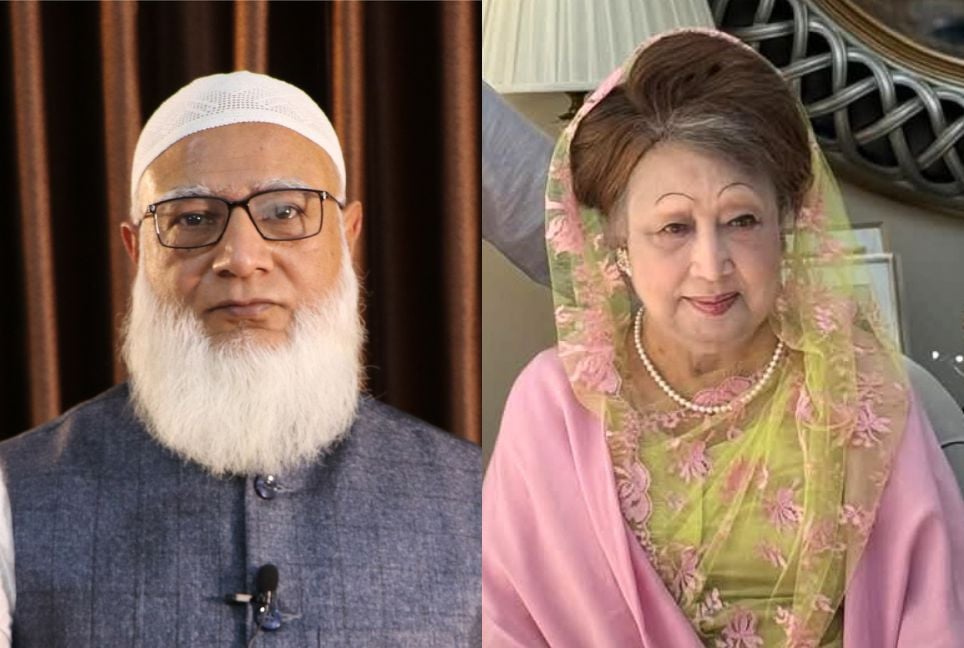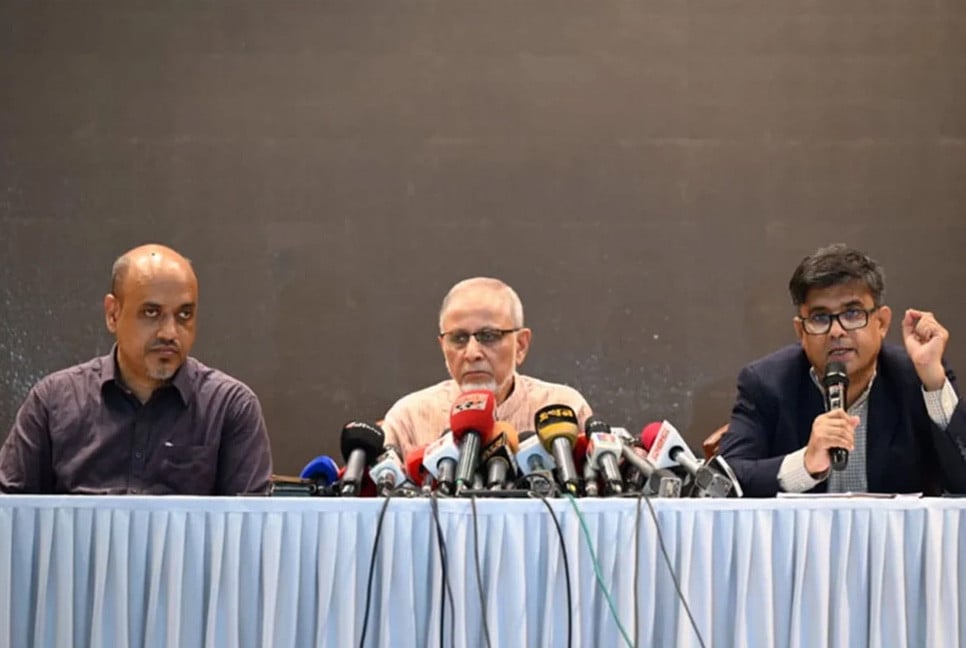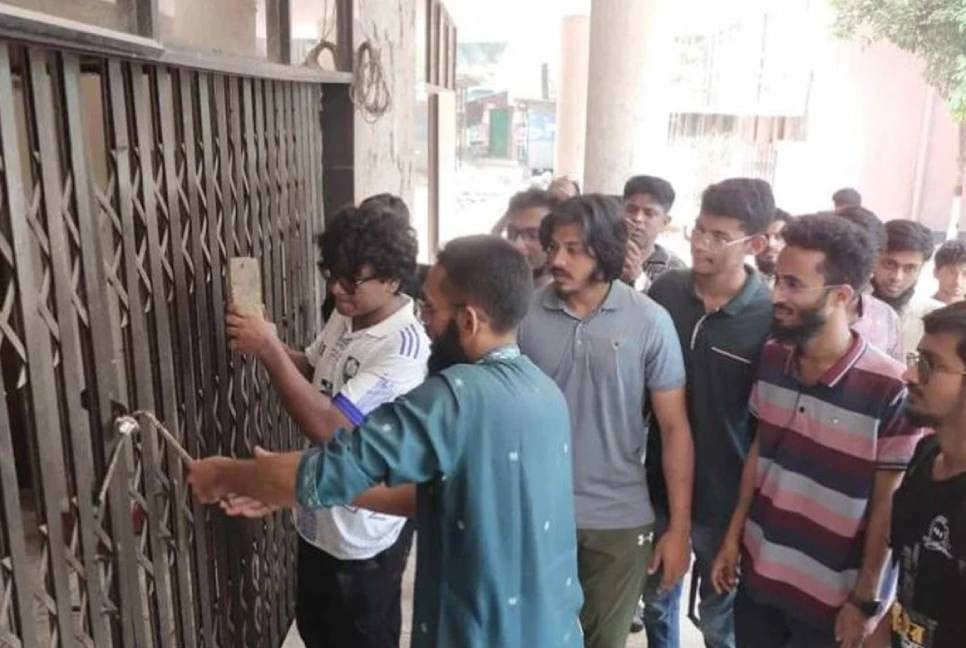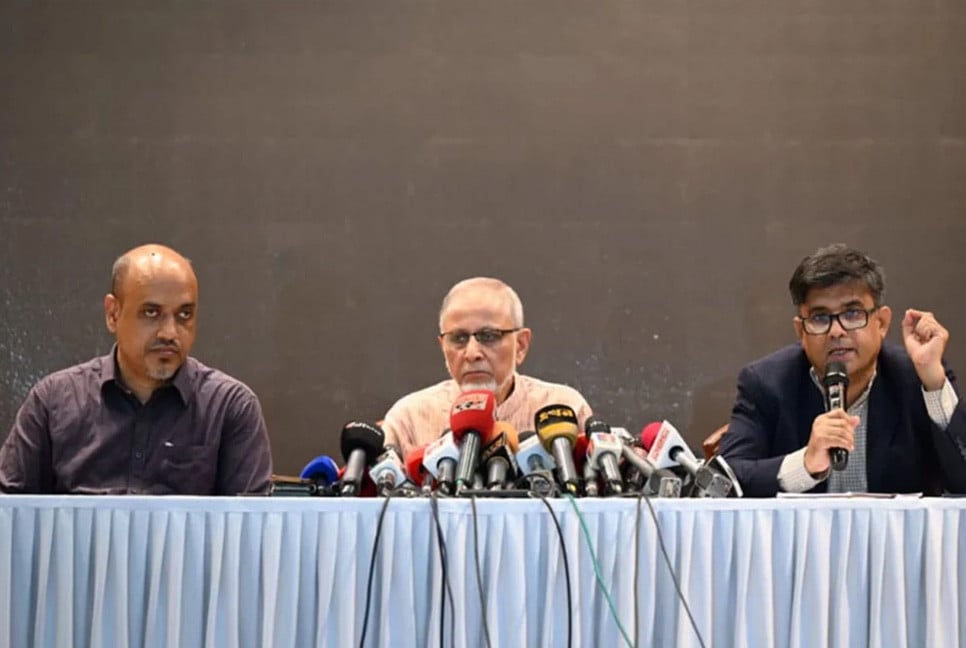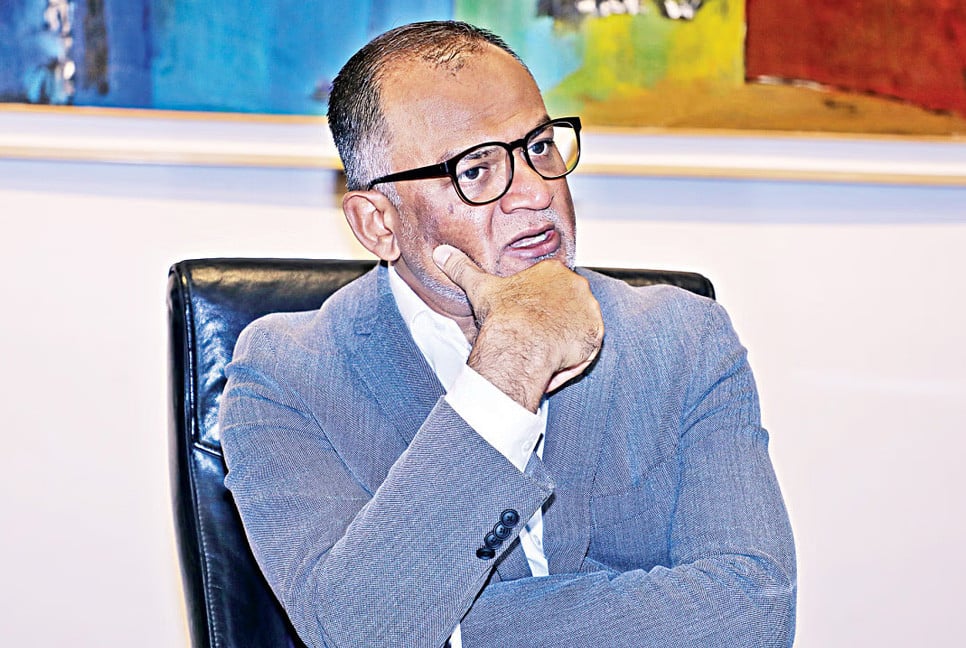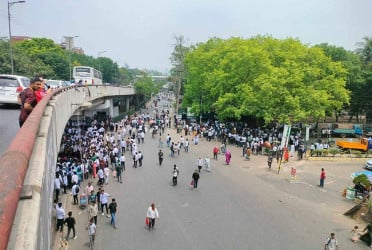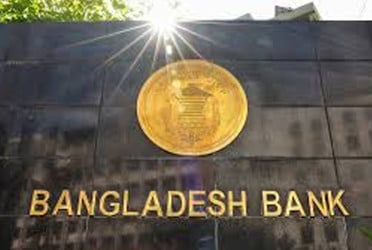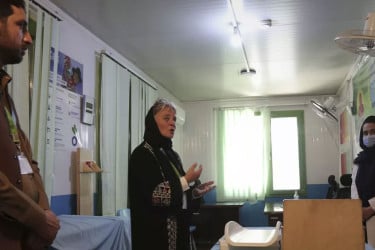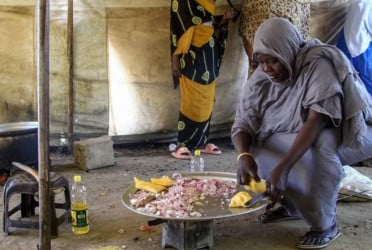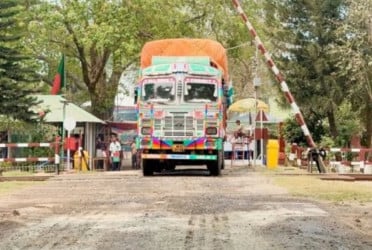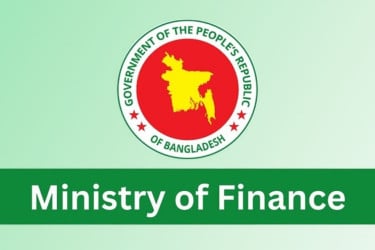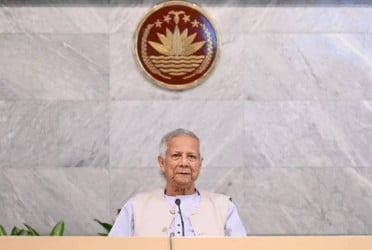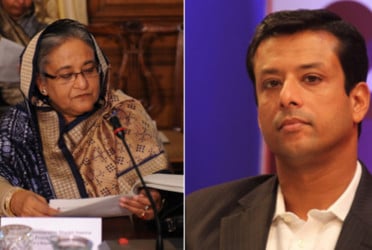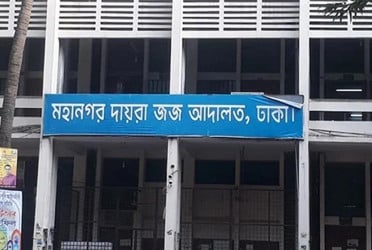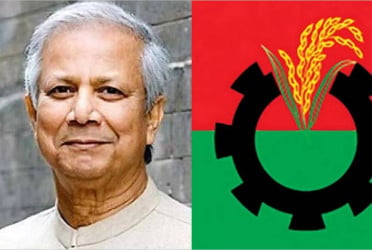The July Shaheed Smriti Foundation has extended financial support to the families of 18 individuals who lost their lives during the student movement in Sylhet division. A total of 5 lakh taka was given to each family as a gesture of assistance. Donation checks were distributed to the bereaved families from 9:00 AM to noon on Saturday.
Sarjis Alam, General Secretary of the foundation and coordinator of the anti-discrimination student movement, along with Mir Mahbubur Rahman Snigdho, CEO of the foundation, attended the event to personally hand over the checks. In addition, eight other members of the foundation were present during the distribution.
The foundation's initiative aims to honor the memories of those who made the ultimate sacrifice in the pursuit of justice and equality during the student protests.
Foundation leaders stated that they have received a list of over 1,600 martyr families from across the country. Currently, financial assistance checks are being distributed to the families of selected individuals in the initial phase. The foundation is visiting various districts to hand over the donations, with the documentation process for the remaining families still underway. Once the necessary documents are received, these families will also be provided with financial assistance.
After the check distribution ceremony, Sarjis Alam, the coordinator of the foundation addressed journalists, emphasizing the broader context of the recent political upheaval. "Two thousand lives were not lost merely for the sake of an election, nor was this a coup orchestrated by a few individuals," Alam stated. He added that the people had endured 16 years of corruption and oppression, which led to widespread frustration. "This was not the work of a handful of people," he continued. "Sheikh Hasina did not flee the country because of a small group. The coup succeeded because the entire student body of Bangladesh united and forced her to flee, having had enough of the fascist regime."
Sarjis Alam further criticized the current state of the Election Commission, calling it the "most corrupt" body during the 16 years of the Awami League's rule. He warned that without reforming the Election Commission, a fair election would not be possible. "A single reform of the Election Commission is not enough; multiple institutions must be addressed," Alam stressed.
He pointed to law enforcement agencies, calling for their reform to prevent issues such as extortion and abuse of power during elections. Alam also emphasized the need for judicial reforms, particularly in the High Court, where, he claimed, some Awami League-affiliated individuals have secured positions not based on merit but through sycophancy. He called for the removal of such individuals and the appointment of qualified candidates to ensure justice and fairness in the judicial system.
Concluding his remarks, Sarjis Alam emphasized that while reforms are necessary, they cannot be achieved overnight. "It is not realistic to expect everything in the state to be reformed and elections to be held immediately," he stated. While acknowledging that reforms would require time, he noted that systems that have been undermined over the past 16 years cannot be restored quickly. "No rational person can expect all reforms to be completed within a year," Alam said.
He also highlighted the failure of Bangladesh's constitution to provide a stable "people's government" for the past 53 years, including the last 16 years. In light of this, he called for a comprehensive reform of the constitution to ensure better governance moving forward.
Translated by Mazdud

